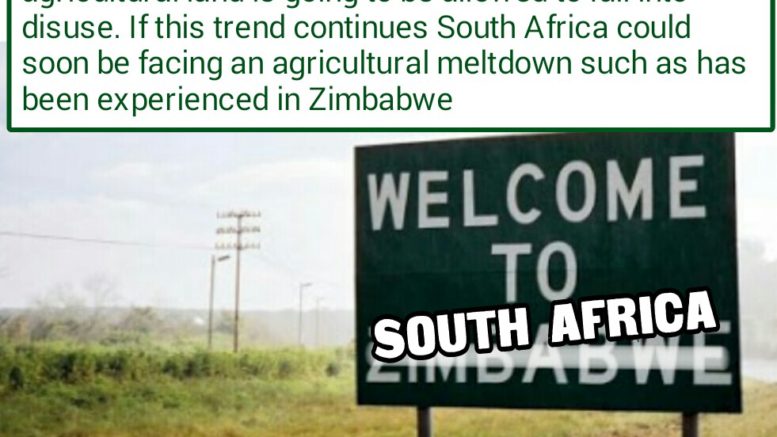
The National Assembly has greenlit the controversial Expropriation Bill on Tuesday, the 23rd of February 2016. Despite dissent by opposition parties, the overwhelming ANC majority resulted in 202 votes in favour, with only 88 against.
The Expropriation Bill aims at giving the state the legal right to seize private property for the public good, or for the contentious issue of land restitution. Land owners will be paid compensation, determined by a state adjudicator, but will not have a choice in the matter. Their only ability for recourse is to appeal the amount they have been paid in compensation.
“Under the new legislation, the state can acquire land without the owners’ consent by paying an amount determined by the office of the Valuer-General. Owners can also challenge the compensation offered in the court.” (Moneyweb)
The bill is aimed at allowing the state to easily seize property for what they deem to be the public good. This means that private property could be seized if the state deems the land needed for infrastructure, state buildings or the appeasement of voters. In a country as corrupt as ours, it is very possible that the bill will be used by corrupt officials to seize land to further private agendas.
Democratic Alliance MP, Anchen Dreyer, expressed the fear that the bill is too “wide open to interpretation.” She stated that the bill could result in the seizing of everything from intellectual property to cattle. This lack of concrete restraints in the bill is but one of its problems.
In addition to this, the risk it poses to all forms of property will result in further capital flight and less foreign investment as investors flee to safer shores. Dreyer stated that:
“Moreover it is crucial for foreign investment that property rights are secure. Without this knowledge South Africa will no longer remain a desirable destination for foreign investment.”
With our economy coming ever closer to junk status and our major industries collapsing under the weight of a global crisis, labour pressure and economic insecurity, this is not good news. We need as much capital as possible and discouraging investment through posing increased risks to their property is not the best course of action.
The Economic Freedom Fighters have posed a different opposition to the bill, condemning the fact that compensation will be paid at all. This is not unexpected from the heavily racialist party, which has expropriation as one of its key policies.
Despite the ideological backing of land restitution, the Expropriation Bill is too terrifying a piece of legislation to allow to survive. We do not live in an ordered country under a strong rule of law. We live in a veritable banana republic.
This bill may not be as harsh as the EFF desires, but it does pave the way for land seizures that will damage our economy through a cessation of property rights and capital flight. Above that, our economic freedom is at risk, as the state will gain the ability to take land. Compensation has nothing to do with it, as the state has a technically infinite amount of funds through debt and inflation that it won’t need to access due to them setting the price.
Land restitution or not, this bill will cause more trouble than its worth. The bill will now be under debate by the National Council of Provinces, where it will hopefully be put to rest.

